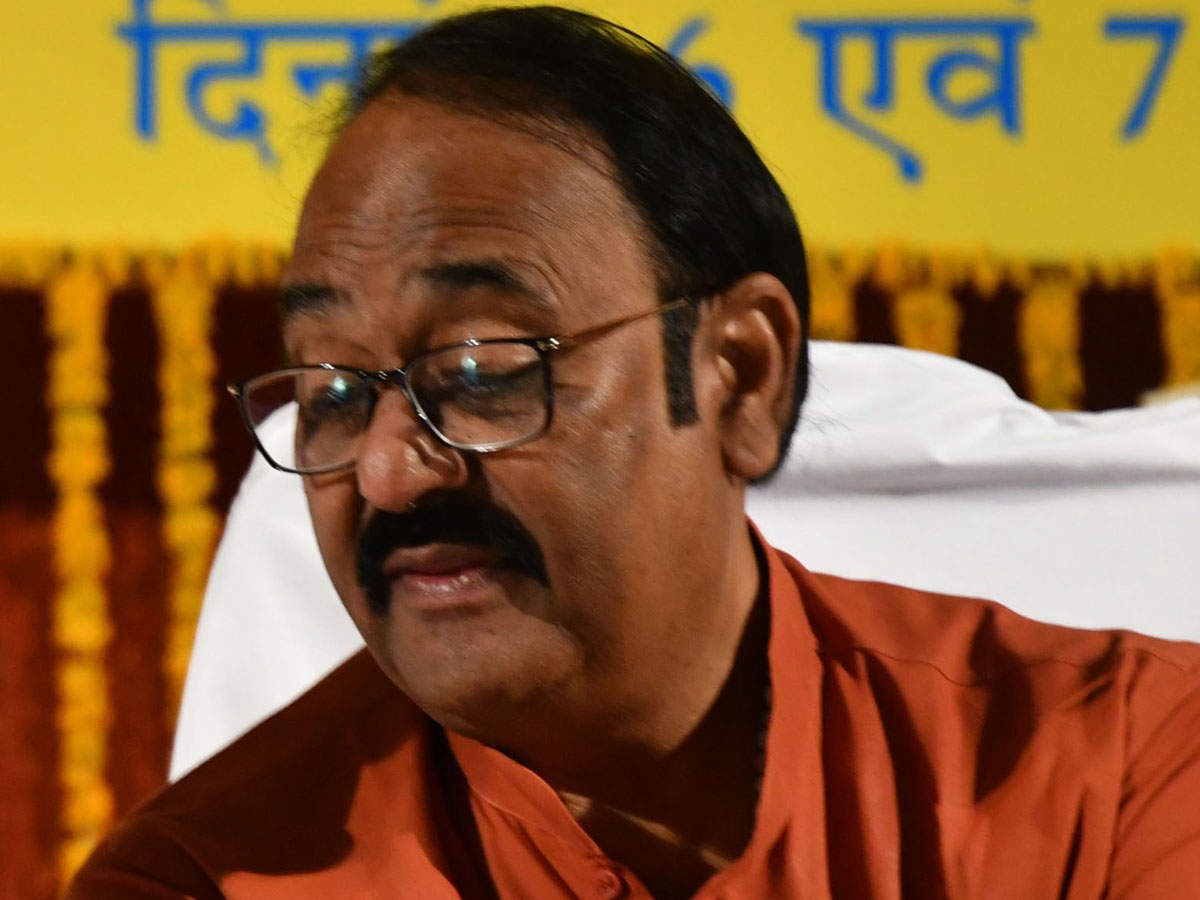
Madhya Pradesh political crisis: All eyes on Speaker as resignations fly
All eyes are on Madhya Pradesh Assembly Speaker NP Prajapati amid an unexpected turn of events in the state with the resignation of rebel leader Jyotiraditya Scindia and 22 MLAs from the Congress.

All eyes are on Madhya Pradesh Assembly Speaker NP Prajapati amid an unexpected turn of events in the state with the resignation of rebel leader Jyotiraditya Scindia and 22 MLAs from the Congress.
However, there are a few doubts regarding the resignation of the MLAs.
According to Article 190 of the Constitution, an MLA who wishes to resign must send his/her resignation to the Speaker of the Assembly. The resignation will be considered official only if the Speaker accepts it. The law clearly states that only the Speaker can accept it (and not anyone else).
In the case of Madhya Pradesh, the MLAs had submitted their resignation to Governor Lalji Tandon, which leads to the question of whether it will be legally accepted.
Article 190 also enables the Speaker to conduct an independent inquiry about the resignation to check whether the resignation was voluntary and not under any kind of pressure.
Adding to that, the power to disqualify someone on charges of defection in cases like these lies only with the Speaker.
Related news | MP politics on ‘resort’ mode as BJP, Cong corral MLAs to ‘safety’
In a similar scenario in Karnataka, former Speaker K R Ramesh Kumar had disqualified the rebel MLAs who had sought resignation from the Congress-JD(S) alliance on charges of defection under the anti-defection law.
These MLAs could not contest elections once they were disqualified. However, the Supreme Court later restored their rights to contest in polls.
When it comes to Madhya Pradesh, one aspect to look out for is whether the 22 MLAs will wait for the Speaker to officially accept their resignation, or join the BJP immediately.
If it turns out to be the latter, the Speaker is entitled to disqualify the MLAs under charges of defection.
If they wait for the Speaker to accept their resignation and then join the BJP, they would get the chance to contest by-elections with a fresh start.
What might work in Kamal Nath’s favour at this point is the option of dissolving the Assembly before it’s too late and waiting for the results of the by-polls.
Related news | MP’s political drama to echo in Parliament; BJP may push for floor test
Meanwhile, there are speculations that rebel leader Jyotiraditya Scindia, who tendered his resignation to Congress president Sonia Gandhi, might get a seat in the Raja Sabha from Madhya Pradesh if he joins the BJP.
The Madhya Pradesh Assembly has a strength of 230 members. Two members passed away after the Assembly elections in 2018. Hence, the strength has reduced to 228, and the majority mark to prove majority and form the government is 115.
Now, let’s take a look at the number of MLAs each party has without considering the resignations.
The Congress has 114 MLAs, the BJP has 109, BSP has two, Samajwadi Party one, and four independent MLAs.
The Congress enjoyed a majority in the Assembly with the support of the BSP and SP.
If the resignation of the MLAs is accepted, then the total strength of the Assembly will go down to 206, consequently bringing down the majority mark to 104.
After the MLAs resign, the Congress will become the minority with less than the required number of MLAs, while the BJP will pass the majority mark with 109 MLAs.


